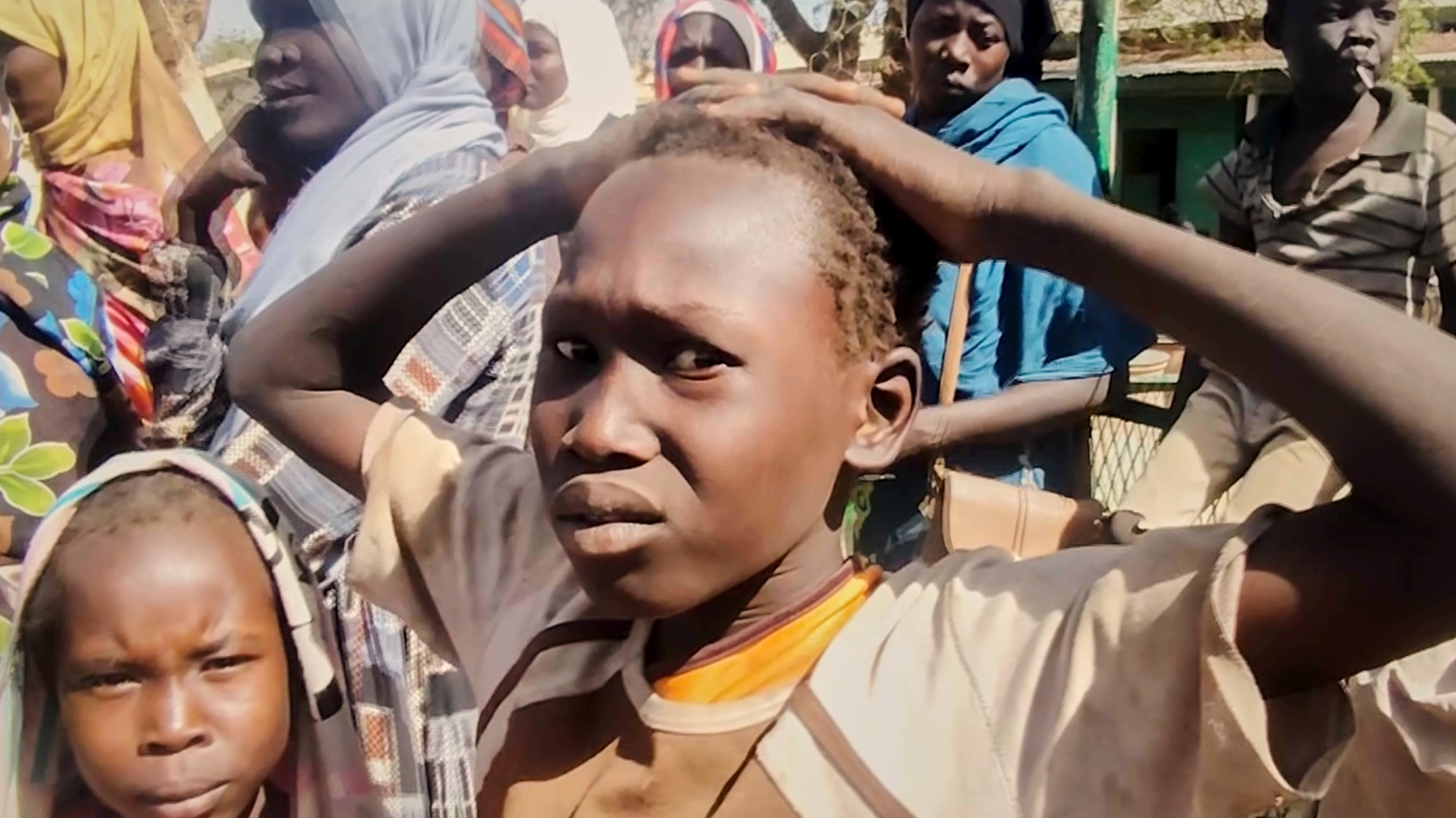‘World’s Largest Displacement Crisis’: WFP Warns Sudan Faces Famine
“By any metric, this is the world's largest humanitarian crisis in terms of displacement,” a Senior WFP official stated, noting that 12.7 million people have been forcibly uprooted from their homes.

By Kamaran Aziz
ERBIL (Kurdistan24) – Sudan is now home to the world’s most devastating humanitarian crisis, according to a top United Nations official, as conflict, famine, and aid obstruction converge to create a catastrophe of staggering proportions.
Shaun Hughes, Regional Emergency Coordinator for the Sudan Crisis at the World Food Programme (WFP), offered a sobering assessment during a remote press briefing from Nairobi on Thursday. “By any metric, this is the world's largest humanitarian crisis in terms of displacement,” Hughes stated, noting that 12.7 million people have been forcibly uprooted from their homes. Of those, more than eight million are displaced within Sudan, while four million have fled across borders into already fragile neighboring states.
“Four out of every five people displaced are women and children,” he emphasized, underlining the crisis’s deep social and generational toll.
Sudan is also the only country in the world where famine has been officially confirmed this year—and only the third famine declaration globally in the 21st century. “The scale of what is unfolding in Sudan threatens to dwarf much of what we've seen over previous decades,” Hughes warned. In Zamzam camp alone, currently under siege, over 400,000 people remain trapped.
Nationwide, nearly 25 million people—half of Sudan’s population—are now experiencing extreme hunger, with nearly five million children and mothers suffering from acute malnutrition. Hughes was explicit in attributing the crisis to political violence rather than natural causes. “This is a man-made crisis, driven by conflict, not by drought or floods or earthquakes, and man-made because of the obstruction of access to humanitarian assistance by parties to the conflict,” he said.
The WFP’s target is to reach seven million people by mid-year, focusing efforts on the 27 areas officially classified as facing famine or at imminent risk. But Hughes stressed that without freedom of movement and bureaucratic facilitation, those goals may not be met.
“We need to quickly move humanitarian assistance to where it is needed, including through frontlines, across borders, and within contested areas,” he said. The organization is calling for the re-establishment of humanitarian operations across the country, particularly in the Darfur and Kordofan regions. That requires both logistical capacity and political will—access to visas, customs clearances, and security guarantees. “Humanitarian agencies alone don’t have the influence to negotiate this. It requires the world to pay attention and coherent and tenacious engagement from the international community,” Hughes stated.
The agency is now facing an 80 percent funding gap to meet its operational goals. “For the next six months, we need $650 million for Sudan and another $150 million for those fleeing into Chad, South Sudan, the Central African Republic, and elsewhere,” he explained. Already, ration cuts have been implemented—down to 70 percent in famine zones and 50 percent in at-risk areas.
Hughes emphasized that the crisis is not driven by U.S. funding cuts. “Fortunately, all allocations that the U.S. government has made to Sudan remain effective, for which we are grateful,” he said. However, he warned of broader donor fatigue and shifting priorities. “The outlook globally for humanitarian funding is quite disastrous.”
As the crisis escalates, the world’s attention remains thinly spread across multiple emergencies. But for the millions in Sudan, the stakes could not be more urgent. The WFP and its partners are urging immediate and sustained international action to avert a catastrophe that, if left unchecked, could become one of the defining humanitarian tragedies of the century.